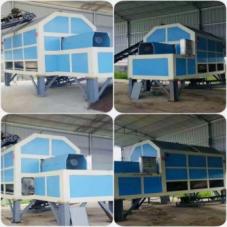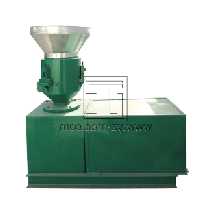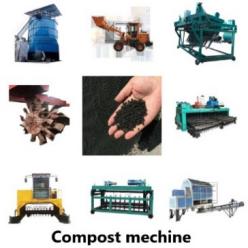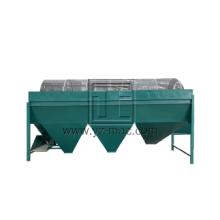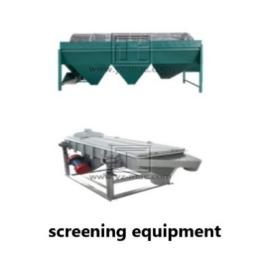Windrow compost turner
A windrow compost turner is a specialized machine designed to efficiently turn and aerate large-scale compost piles, known as windrows. By promoting oxygenation and providing proper mixing, a windrow compost turner accelerates the decomposition process, enhances compost quality, and reduces the overall composting time.
Benefits of a Windrow Compost Turner:
Accelerated Decomposition: The primary advantage of using a windrow compost turner is its ability to accelerate the decomposition process. By regularly turning and mixing the compost pile, the turner increases oxygen availability, creating an aerobic environment that promotes the activity of beneficial microorganisms. This results in faster decomposition and the production of high-quality compost.
Enhanced Compost Quality: The consistent turning and mixing action of a windrow compost turner ensure better integration of organic materials, allowing for more thorough composting. The increased aeration and mixing prevent the formation of anaerobic pockets, reducing the risk of odors and improving the overall compost quality, nutrient content, and stability.
Efficient Heat Distribution: Proper turning and mixing by the windrow compost turner facilitate even heat distribution within the compost pile. This enables the thermophilic microorganisms to thrive and efficiently break down organic matter, ensuring the elimination of pathogens and weed seeds, while optimizing the composting process.
Reduced Composting Time: With regular turning and aeration, a windrow compost turner significantly reduces the composting time compared to traditional static piles. The increased microbial activity, enhanced heat distribution, and improved decomposition efficiency shorten the overall composting cycle, allowing for faster production of mature compost.
Working Principle of a Windrow Compost Turner:
A windrow compost turner consists of a rotating drum or series of paddles attached to a mobile chassis. The machine straddles the compost windrow and slowly moves along its length, turning and mixing the organic materials. The drum or paddles lift and tumble the compost, promoting aeration and ensuring thorough mixing. Some windrow compost turners also feature adjustable height and angle settings, allowing for customization to meet specific composting requirements.
Applications of Windrow Compost Turners:
Agricultural and Farming Operations: Windrow compost turners are widely used in large-scale agricultural and farming operations. They can efficiently process crop residues, animal manure, straw, and other agricultural waste, converting them into nutrient-rich compost for soil improvement and organic fertilization.
Municipal and Commercial Composting: Windrow compost turners find extensive applications in municipal composting facilities and commercial composting operations. They can handle significant volumes of organic waste, including green waste, food waste, and yard trimmings, enabling efficient composting on a large scale.
Land Remediation and Erosion Control: Windrow compost turners play a crucial role in land remediation and erosion control projects. They help convert organic waste, such as biosolids and contaminated soil, into stable and nutrient-rich compost. This compost can be applied to degraded land, construction sites, and eroded areas, promoting soil restoration and erosion prevention.
Composting Facilities and Compost Production Sites: Windrow compost turners are commonly used in dedicated composting facilities and compost production sites. These machines ensure efficient and effective composting operations, optimizing the decomposition process, and producing high-quality compost for various applications.
A windrow compost turner is a valuable tool in efficient organic waste management, enabling faster decomposition, enhanced compost quality, and reduced composting time. With its ability to turn and mix large-scale compost windrows, it promotes oxygenation, heat distribution, and microbial activity, leading to the production of high-quality compost.



